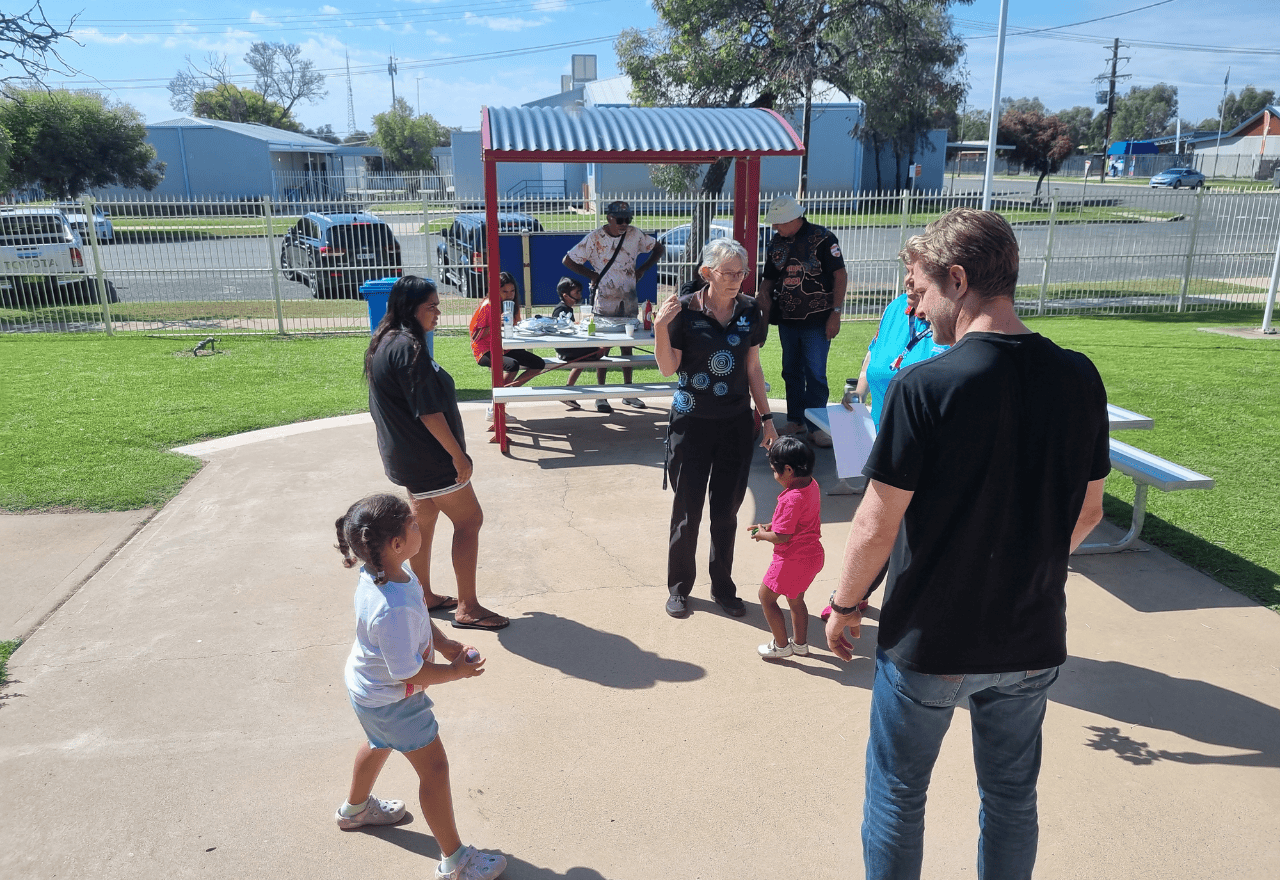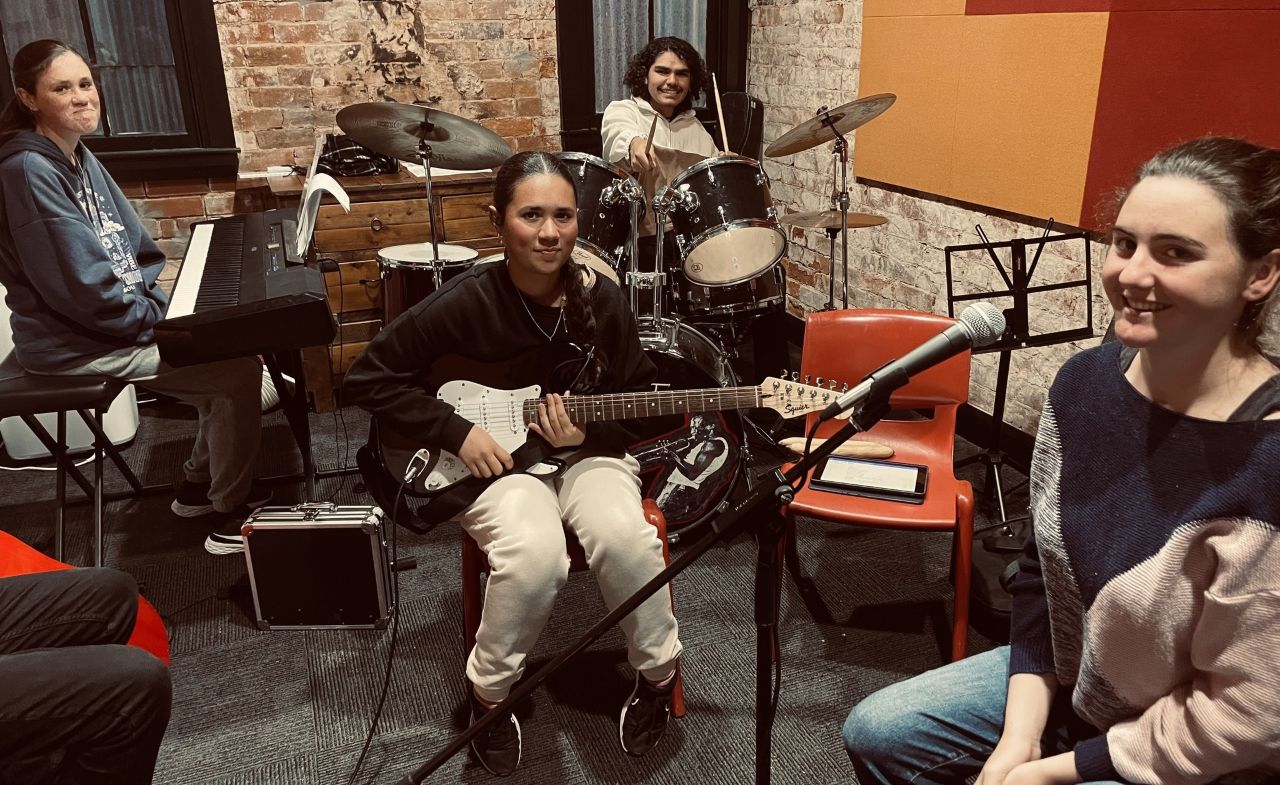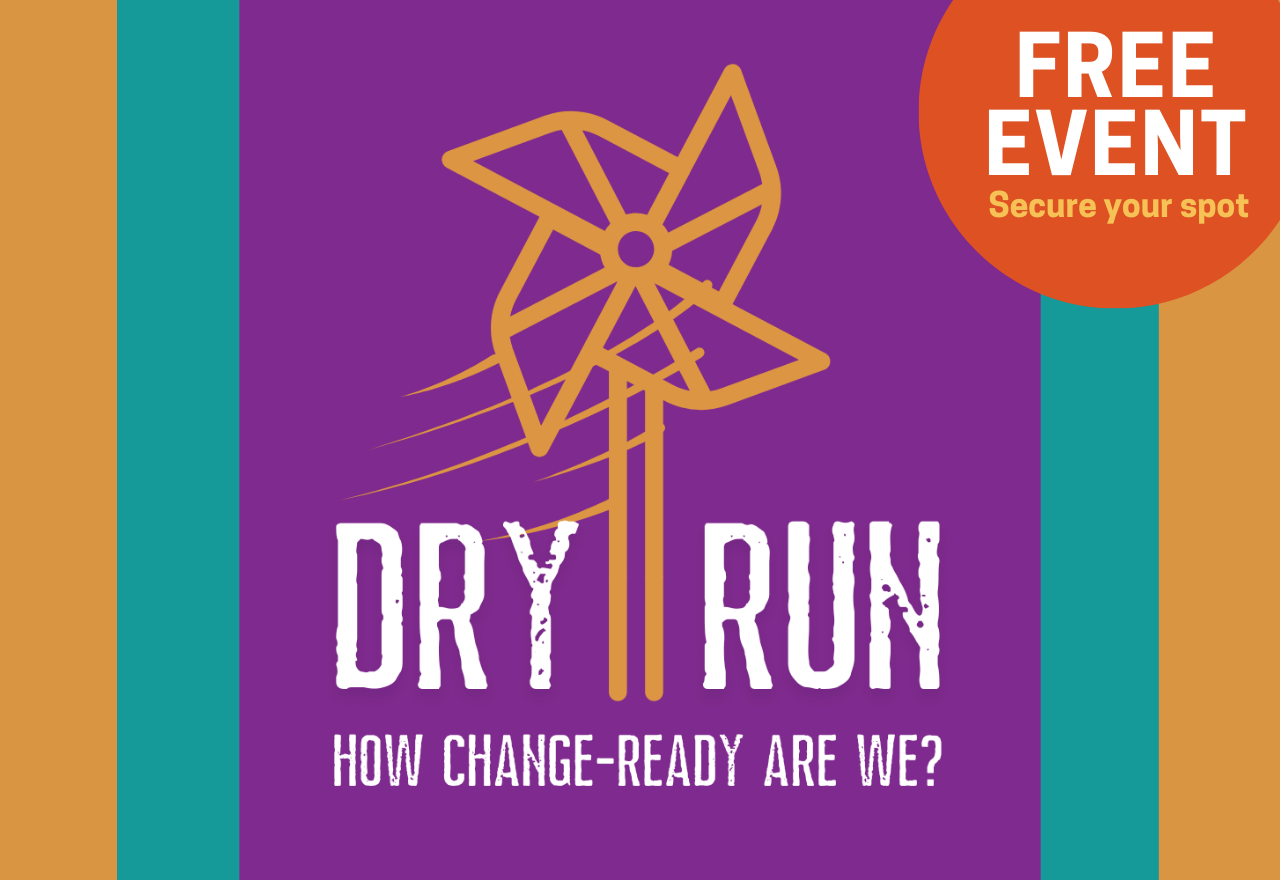Strong access to mental health matters
Kristin Murdock
15 October 2025, 8:20 PM
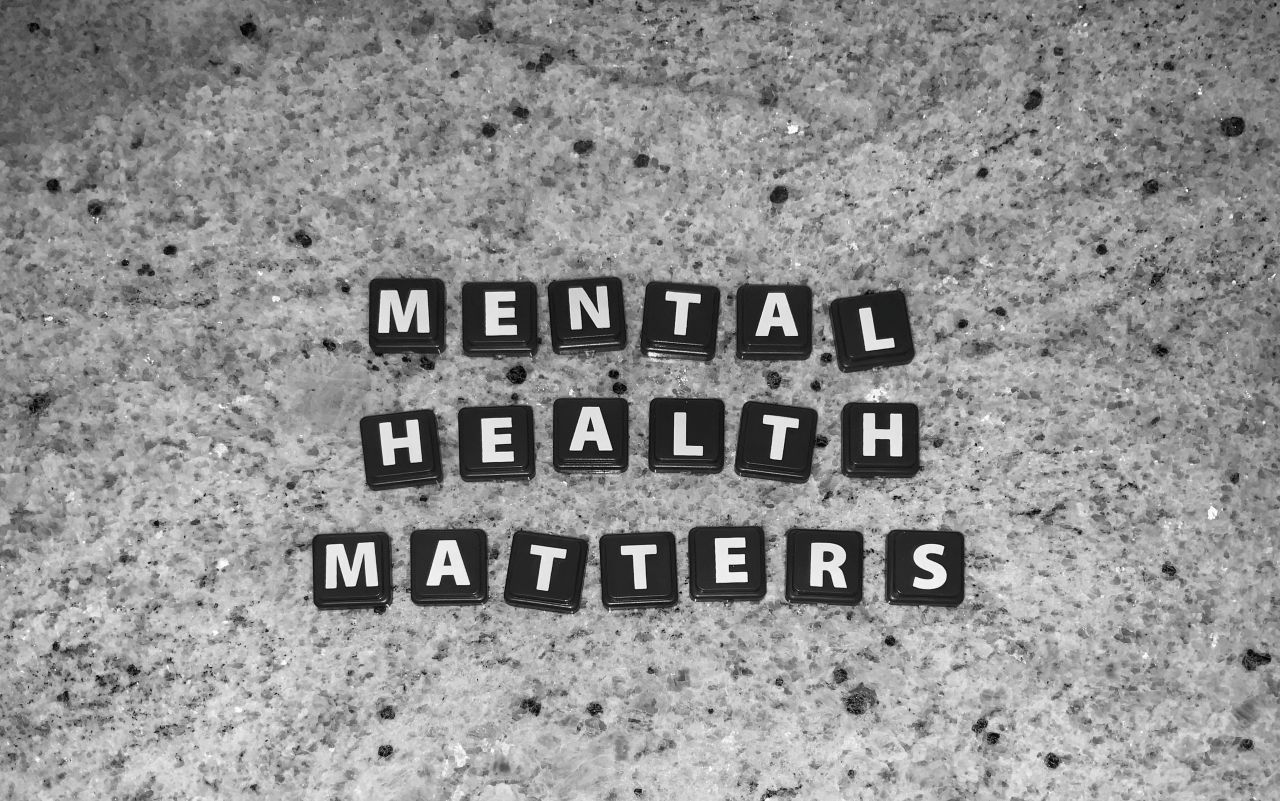
Some patients in rural and remote areas have limited access to psychologists and psychiatrists, and unfortunately, stigma persists around mental health care with some people reluctant to be seen in a psychologist’s waiting room.
That observation from the Royal Australian College of GPs (RACGP) captures a struggle that many people across western New South Wales know all too well.
In towns such as Bourke, Brewarrina, Coonamble and Walgett, distance, limited services and ongoing stigma continue to prevent people from seeking the help they need.
As Mental Health Month is marked across Australia during October, doctors, advocates and local services are reminding communities that help is available, and that improving access in rural areasremains one of the country’s most urgent health priorities.
The RACGP used World Mental Health Day on 10 October to call on all levels of government to improve access to mental health support, particularly in rural and remote communities.
The college urged changes to Medicare to allow longer consultations for complex mental health issues, saying the current system encourages “six-minute medicine” that cannot meet patient needs.
RACGP President Dr Michael Wright said the time to act was now.
“Australia is in the middle of a mental health crisis, and more must be done to ensure all patients, including those living in remote and rural areas, can access the mental health services they need,” he said.
The college’s Health of the Nation Report 2025 found that 71 per cent of GPs nominated mental health concerns as a top reason for patient presentations, up 10 per cent since the survey began in 2017.
RACGP Rural Chair Associate Professor Michael Clements said longer consults were critical to ensure high-quality care.
“By boosting patient rebates for longer consults, GPs can take the time needed to deliver the highest quality of care.
Complex consults, including for mental health concerns, can’t be rushed,” he said.
He added that strengthening GP-delivered mental health services could help offset the shortage of psychologists in smaller communities.
Remote access focus
“GPs across Australia do a tremendous job helping patients in rural and remote areas experiencing mental health concerns, including through Focused Psychological Strategies consults,” he said.
The college is also calling for reforms to decouple GP-provided mental-health consults from psychologist-delivered sessions under the Better Access scheme.
The change would allow patients up to 20 Medicare-subsidised mental-health consultations each year, double the current figure.
The RACGP says this would have a particularly profound impact in rural and remote areas.
Australian College of Rural and Remote Medicine (ACRRM) also highlighted the role of Rural Generalists in making care accessible, trusted and connected.
ACRRM President Dr Rod Martin said Rural Generalists are often the first point of contact for people experiencing mental health challenges and are deeply embedded in their communities.
“Rural generalists are not only specialist doctors but also community members who know their patients, understand local environments, and can help people navigate support in ways that feel safe and accessible,” he said.
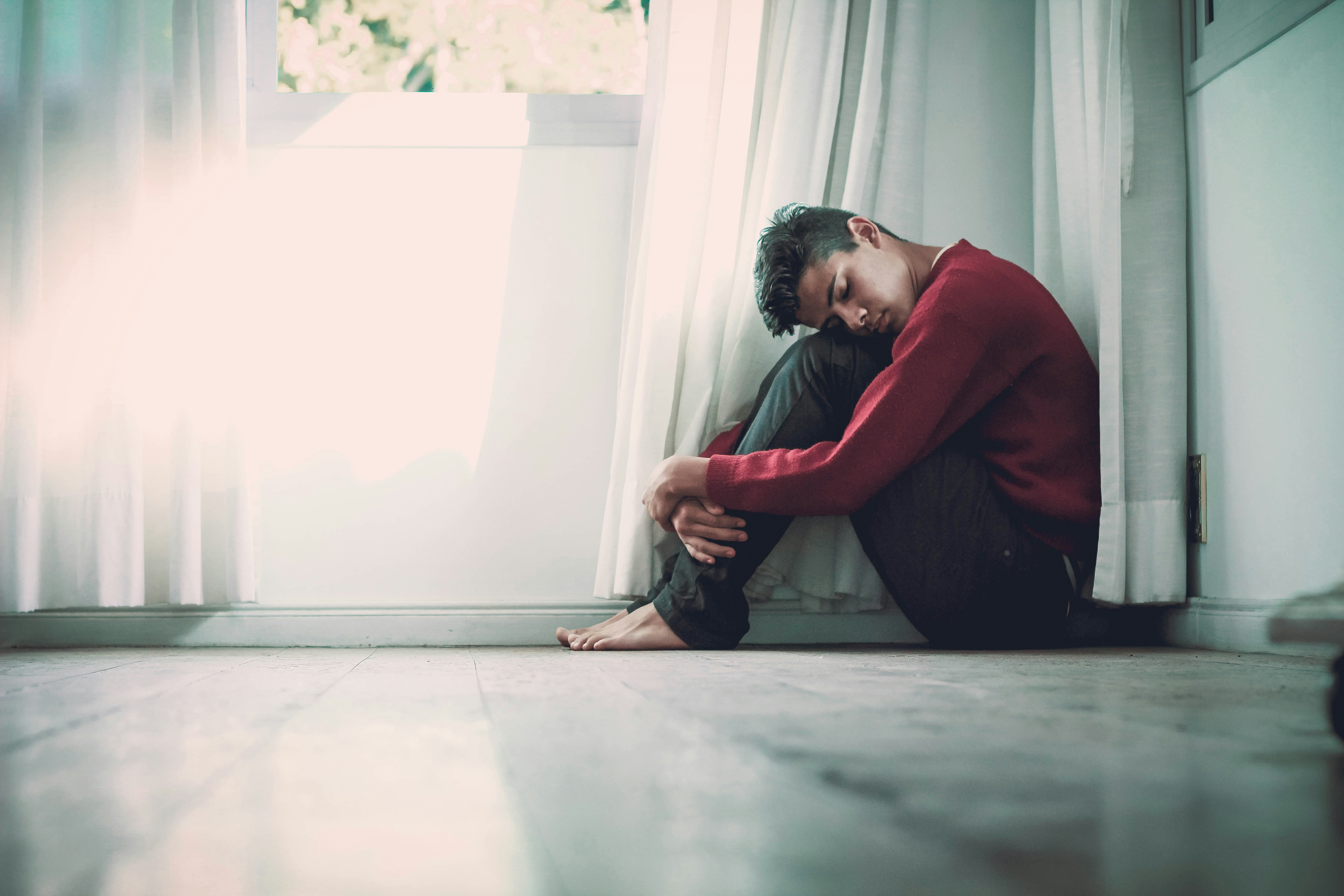
A system rebuild for the mental health sector is recommended by some industry stakeholders, while extra burdens are placed on regional patients as they struggle to get help.
He noted that distance, workforce shortages and stigma can make mental health issues more complex in rural and remote Australia, and that Rural Generalists provide whole-person care, bridging the gap between patients and both specialist and community-based supports.
Leading psychiatrist Professor Pat McGorry echoed the urgency for reform.
Speaking to ABC’s Four Corners program in February 2025, he said Australia’s public mental health system, especially in New South Wales, was “as bad as it’s ever been.”
“It’s like working in a third-world sort of environment,” he said.
“The moral injury of turning away seriously ill people every day and not being able to provide the care that people need.”
Demand keeps rising
He added that governments understood the scope of the problem but lacked the commitment to rebuild the system.
“It’s not like they don’t get the problem; what’s needed is for them to commit to a plan to rebuild.”
Professor McGorry’s comments reflect what regional communities have been saying for years: demand for help keeps rising while access remains limited.
Despite similar rates of mental illness in rural and urban areas, suicide and self-harm rates are significantly higher the further people live from major cities, according to the National Rural Health Alliance.
Across western New South Wales, it can take weeks or even months to see a specialist.
Some towns rely entirely on visiting clinicians; others depend on overworked GPs or telehealth appointments.
Travel costs, workforce shortages and a lack of privacy in small communities all add to the challenge.
“Strong access to mental health care matters,” Dr Clements said.
“GPs are the first port of call for many patients, and GPs living and working in the bush play a particularly vital role.”
The RACGP is also calling for incentives such as housing, childcare and spousal-employment support to help attract and retain doctors in rural areas.
ACRRM similarly encourages communities to take action by checking in on someone, starting a conversation, and recognising the vital role Rural Generalists play in local wellbeing.
For young people, there is some relief close to home.
Headspace Dubbo’s Outreach Program delivers free, culturally safe mental-health support to communities across the region, including Bourke, Brewarrina, Collarenebri, Condobolin, Coonamble, Gulargambone, Lightning Ridge, Nyngan, Walgett and Warren.
The program welcomes all cultures and identities, with a focus on First Nations youth.
Aboriginal Youth Wellbeing Workers help young people look after their social and emotional wellbeing and connect them with other community services.
More information and local contact details are available at headspace.org.au or through Headspace Dubbo.
If you or someone you know needs help, contact Lifeline on 13 11 14, Beyond Blue on 1300 22 4636, Kids Helpline on 1800 55 1800, or the Suicide Call Back Service on 1300 659 467.
Headspace also offers free counselling and online resources at headspace.org.au.
